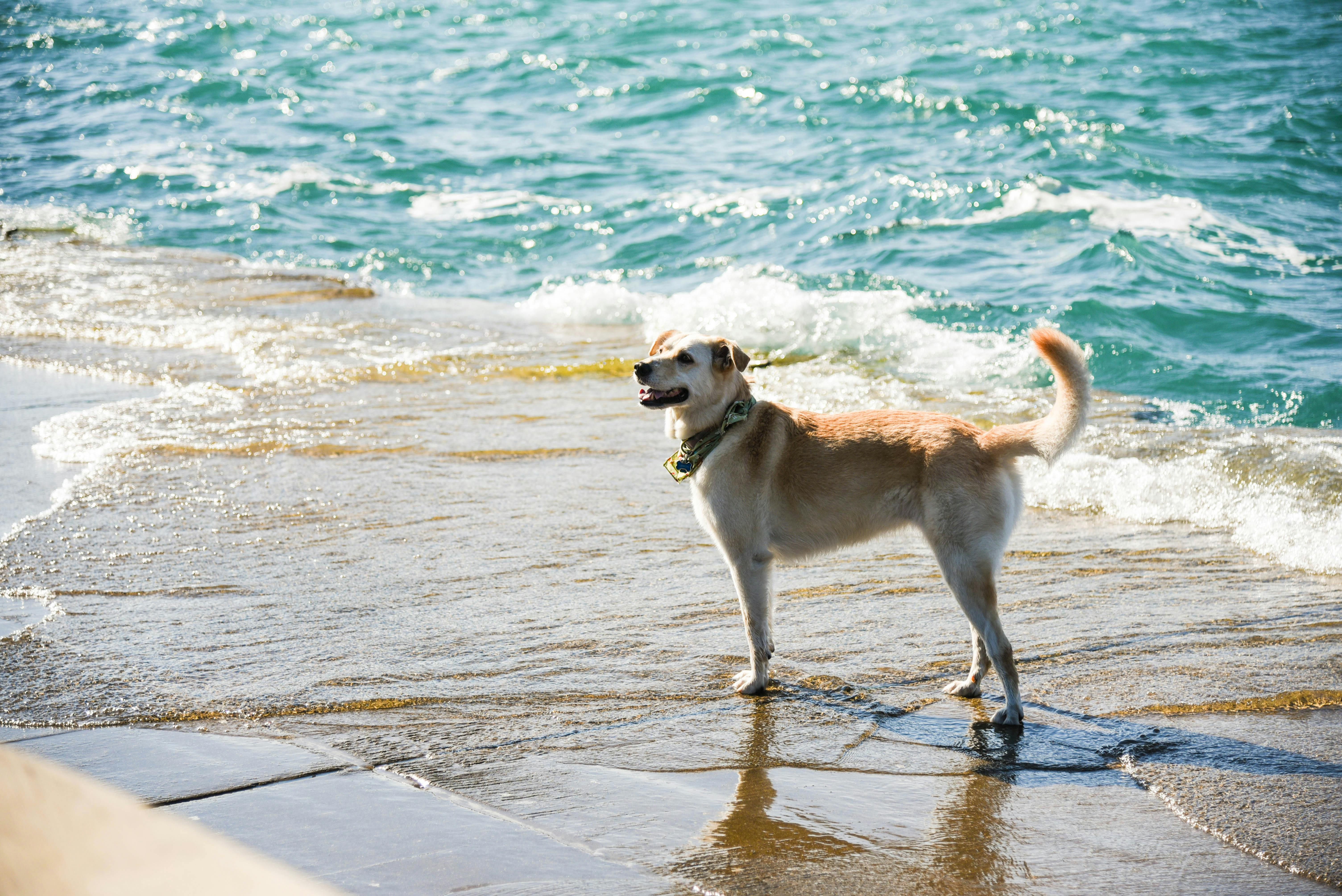It’s okay, it’s okay, I know you’ve seen them. All those pop-ups saying “You’re being watched!” or banner ads saying “Your computer is under surveillance!” And all you need to do is buy your product and your computer’s visibility will be gone from the internet. Well, to state the obvious, that’s not true.
However, we have to give those companies some credit: they are giving you half the truth. If they were telling you the whole story, what they would be saying is that their software will make your browsing tracks disappear from your personal computer. Not from the internet.
Now, with that being said, don’t just dismiss these products by saying “if they can’t get rid of all my personal browsing logs, what good are they?” These products actually address the most important half of the problem. The effective ones really clean your personal computer! This is very important to me because it’s easier for people to get your computer’s Internet logs, through hacking, tracking, or theft, than it is to get any other type of Internet logs.
Do you want proof? Just ask Gary Glitter, a 1960s pop star who brought his personal computer in for repair. The store found photos and other evidence of illegal internet activity and called the police! Glitter spent time in jail because he didn’t “clean up the act” of him before taking the computer in for repair.
The other half of this problem, and the one that’s a bit trickier to tackle, is made up of all the registries set up and maintained by your ISP (Internet Service Provider), Internet routers (“traffic cops” of computers that route internet requests around the web) and website hosting servers.
These computers are completely out of your reach. You can’t just call your ISP and tell them to delete all records pertaining to your account! After they’re done laughing, they’ll tell you that to do that they’d have to sift through literally millions of records on any given day to pull out their two or three hundred records. The effort would be enormous and they don’t have the resources to do this kind of work.
Additionally, these logs are primarily used to troubleshoot server/router errors and to help stop hacker abuse and other types of DOS (denial of service) attacks.
But it can affect the information that is stored in these records. To understand this it is necessary to know how the process works. Here are the basic steps:
-You log in to your ISP.
-Your ISP assigns you an IP (Internet Protocol) address. An IP address is a series of numbers that tells the computer where it is connecting from and who to send the information to.
-You type a web address into your browser and send that request to your ISP.
-Your ISP logs the request, along with your assigned IP address, and then goes out to the Internet to request the web page.
-The ISP request goes through several routers, each of which records who made the request and forwards it to the next until it reaches the server hosting the web page.
-The host server logs the request and sends the information back, often through a completely different set of routers, each one again logs the request and passes it on to the next until it returns to your ISP.
-Your ISP looks in its log who made the initial request and sends it to you.
-You get the page, a temporary copy is stored on your hard drive.
-You click a link or enter a new web address and the process starts all over again!
So for every request you make to your ISP, that request is not only stored on your computer, but it is also stored on a number of other computers. Comforting right?
Well, there is a way to hide, or mask would be a better term, your web browsing activities. You need to use an anonymous browsing tool. Sites like Anonymizer.com or the-cloak.com offer an online proxy-type service that takes advantage of SSL and encryption to keep your browsing tracks for you.
All requests made to them over SSL are encrypted, so not even your ISP can read what you requested. This secure connection is the same type used by e-commerce sites to protect your credit card details. Then all the requests they make for you refer to your computers as the originator of the request so that all routers and web hosting servers see your IP address. Your personal or browser information is blocked from the Internet.
So, if you really want to protect your privacy, give snoopers a double whammy. Clean up your act by using one of the cookie/history cleaner tools available for download AND browse through one of the anonymous browsing providers on the net.


